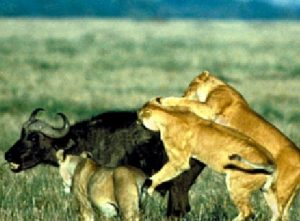 The Post on “The ‘I-am-realized’ Delusion – 5” said, quoting Shankara, towards its end, that “Disembodiedness is the intrinsic nature of Atman” and that is liberation.
The Post on “The ‘I-am-realized’ Delusion – 5” said, quoting Shankara, towards its end, that “Disembodiedness is the intrinsic nature of Atman” and that is liberation.
अशरीरता हि आत्मनः स्वरूपम् । — Shankara at 8.3.4, chAndogya.
The immediate question that arises then is “How to be disembodied?”
Before we answer this question, it is necessary to be absolutely clear in our mind about who is asking this question and why. If the question is being asked on behalf of the body and the reason for asking is to get rid of the miseries, sorrows and pains that the body undergoes in the world, well, Advaita in general and disembodiment in particular, is not the solution.
Does it mean that the body’s problems of disease, decay, hunger, destitution cannot be solved at all? One cannot say “No.” However, one has to look for some other routes to achieve that. But those routes will not lead one to ‘Liberation’ – freedom from being born in the world. Continue reading


